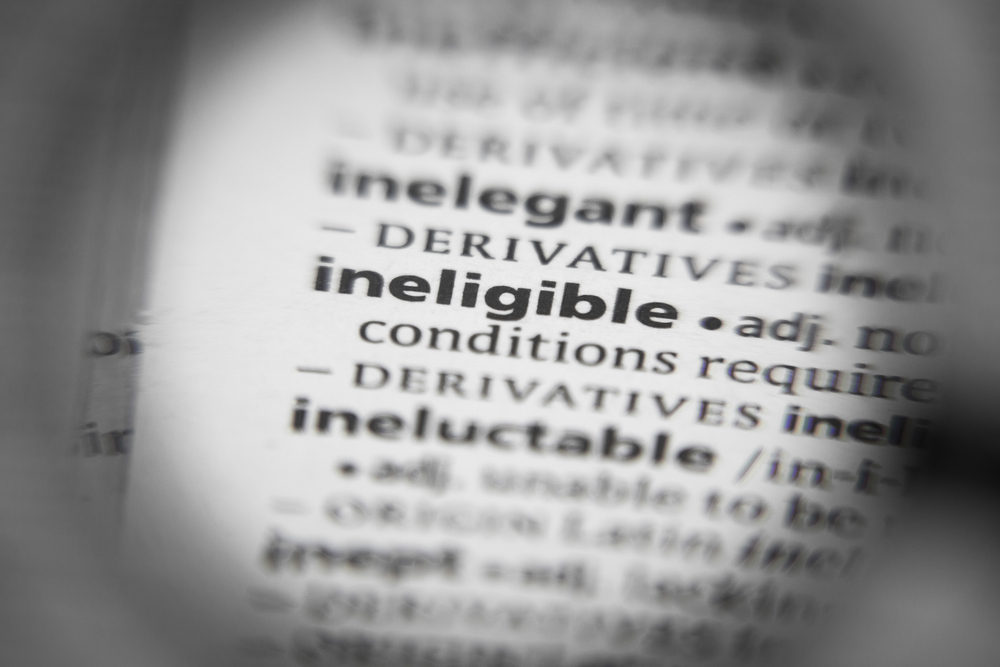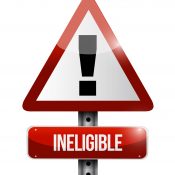“NYIPLA told the CAFC that the August panel decision makes the statutory guarantee that PTA will compensate patent owners for any delays caused by the USPTO ‘worthless at best,’ adding that ‘in reality, it makes them a detriment.’”
 Just before the Thanksgiving break, a number of amici submitted briefs to the U.S. Court of Appeals for the Federal Circuit (CAFC) asking the en banc court to rehear a case that many feel has a good chance of helping to clarify the law around the judicially-created doctrine of non-statutory obviousness-type double patenting (ODP).
Just before the Thanksgiving break, a number of amici submitted briefs to the U.S. Court of Appeals for the Federal Circuit (CAFC) asking the en banc court to rehear a case that many feel has a good chance of helping to clarify the law around the judicially-created doctrine of non-statutory obviousness-type double patenting (ODP).
Cellect, LLC filed its petition for rehearing en banc on November 13, asking the full court to consider whether the August panel decision should be overturned. In that decision, authored by Judge Lourie, the court held that patent term extension (PTE) and patent term adjustment (PTA) are not the same for purposes of an obviousness-type double patenting (ODP) analysis. Specifically, the court said that “ODP for a patent that has received PTA, regardless whether or not a terminal disclaimer is required or has been filed, must be based on the expiration date of the patent after PTA has been added.”
The panel agreed with the U.S. Patent and Trademark Office’s (USPTO’s) argument that PTA and PTE are dealt with in different statutes and address different circumstances, explaining:
“To say that PTA and PTE should be factored into an ODP analysis in the same manner merely because they both provide statutorily authorized time extensions that restore patent term due to various administrative delays, as Cellect argues, is an unjustified attempt to force disparate statutes into one.”
The questions presented in Cellect’s petition for rehearing are:
- “Whether the statutory language and legislative history of the patent term adjustment statute, 35 U.S.C. § 154(b), as well as this Court’s precedent, instruct that it should be interpreted consistent with the patent term extension statute, 35 U.S.C. § 156, for purposes of determining the expiration date for an obviousness-type double patenting analysis.
- Whether the Panel’s decision overlooked the policy grounds underlying the judicially created obviousness-type double patenting doctrine in a manner that usurps Congress’ legislative function.”
The New York Intellectual Property Law Association (NYIPLA) announced yesterday that it filed an amicus brief telling the court that the August panel decision makes the statutory guarantee that PTA will compensate patent owners for any delays caused by the USPTO “worthless at best” and that “in reality, it makes them a detriment.”
The brief went on to argue that, among other issues, the decision “reflects unsound policy that (1) significantly, adversely impacts innovation, particularly for smaller and less-well funded entities, (2) upsets the patent system, and (3) undermines long-established expectations of patent owners and licensees.”
The American Intellectual Property Law Association (AIPLA)similarly argued that the ODP doctrine has strayed form its “equitable” roots and that the panel’s reasoning was “unsound”. The decision in effect has rewritten the statute and imported an intent that Congress could not have had when it enacted 35 U.S.C. § 154(b) in 1999 because the ODP doctrine in its current form did not exist then, adds the brief. “Indeed, it was not until this Court’s decision in Gilead—fifteen years later—that the application of ODP became focused on the expiration date of a patent instead of its issuance date. See Gilead Scis., Inc. v. Natco Pharma Ltd., 753 F.3d 1208, 1218 (Fed. Cir. 2014).”
Many in the patent bar would like the doctrine of ODP eliminated altogether. Robert Armitage, who formerly served as General Counsel for Eli Lilly & Company, called in his brief for a “ground-up rethinking” of ODP. He compared the present opportunity for en banc rehearing to the court’s reconsideration of the inequitable conduct doctrine in Therasense, explaining that, “the present appeal could represent an ideal vehicle—for reasons detailed below—for this Court to undertake a similar policy-focused reconstruction of the law on obviousness-type double patenting.”
At the end of the day, argued Cellect in its petition for rehearing, “the Panel’s decision should be reconsidered as it transforms PTA, which is intended to compensate patent owners for lost patent term, into the very reason that a patent owner loses its patent rights altogether. This serves no equitable purpose.”
Since Judge Pauline Newman has been barred from hearing cases at both the panel and en banc levels, she presumably would not participate in the decision to grant rehearing. A majority of active judges must agree to grant the petition.

![[IPWatchdog Logo]](https://ipwatchdog.com/wp-content/themes/IPWatchdog%20-%202023/assets/images/temp/logo-small@2x.png)

![[Advertisement]](https://ipwatchdog.com/wp-content/uploads/2026/02/Junior-AI-Feb-10-2026-sidebar-CLE-700x500-1.jpg)
![[Advertisement]](https://ipwatchdog.com/wp-content/uploads/2026/02/Anaqua-Feb-12-2026-sidebar-700x500-1.jpg)
![[Advertisement]](https://ipwatchdog.com/wp-content/uploads/2026/02/Ankar-AI-Feb-17-2025-sidebar-700x500-1.jpg)
![[Advertisement]](https://ipwatchdog.com/wp-content/uploads/2025/12/LIVE-2026-sidebar-regular-price-700x500-1.jpg)







![[Advertisement]](https://ipwatchdog.com/wp-content/uploads/2021/12/WEBINAR-336-x-280-px.png)
![[Advertisement]](https://ipwatchdog.com/wp-content/uploads/2021/12/Ad-4-The-Invent-Patent-System™.png)







Join the Discussion
One comment so far.
Pro Say
November 28, 2023 05:05 pm“is an unjustified attempt to force disparate statutes into one.”
Oh, you mean like when you (CAFC) force the disparate sections 102, 103, and 112 into section 101?
Is that what you mean?
Hypocrisy reins.
And when this hypocrisy reins, it pours.